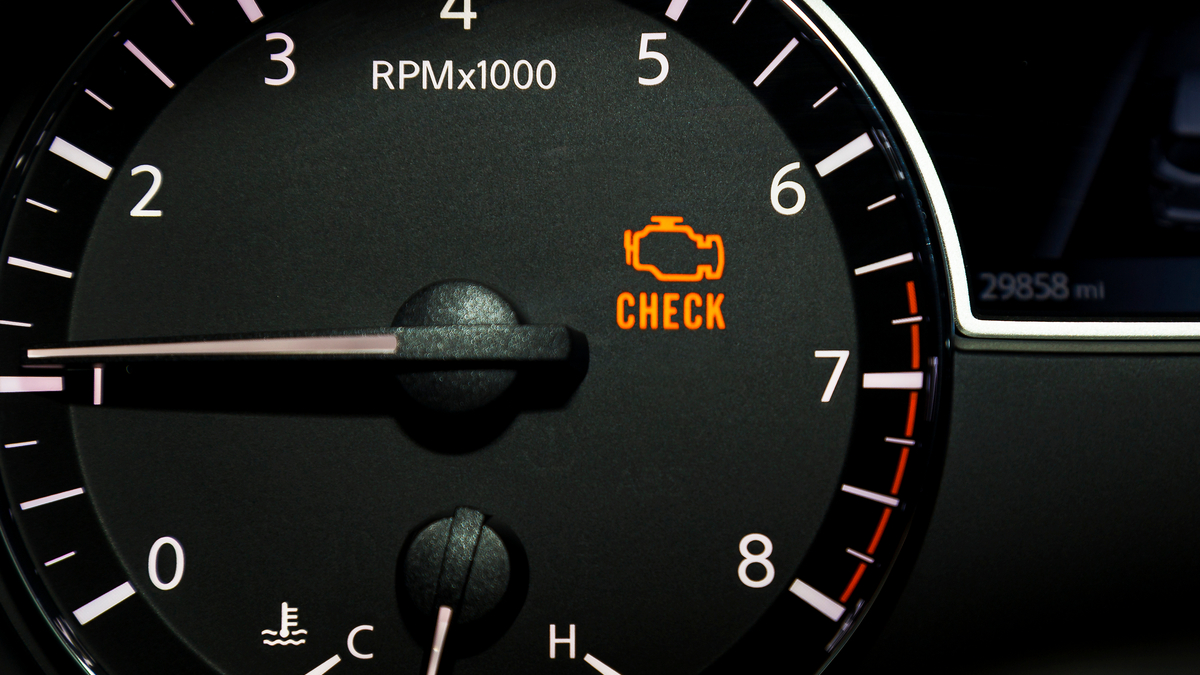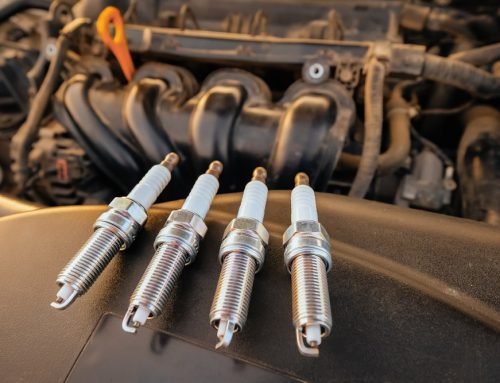We all have experienced the dreaded check engine light. It seems to turn on at the most inconvenient times, like when we are trying to pass emissions and inspections. Sometimes it turns on for a day and then turns off the next. I’m sure you assume that it means that something is wrong with your car, but what? Normally it is a small fix, but sometimes your car is warning you that there is a problem that if not fixed could cause serious damage.
What Should I Do?
When you notice that your check engine light is on, do a quick diagnostics to see if there is something that requires immediate attention. Is your oil low or is your car too hot? Is your car experiencing a loss of power or speed? If you are towing a trailer, you should probably stop. Take your car into a professional as soon as possible.
What Causes the Check Engine Light?
The electronic-control system (the On-Board Diagnostics or OBD) of your car is constantly adjusting small problems in your vehicle. When it finds something that it cannot fix, it stores a trouble code in its memory and turns on a warning light. Mechanics have a device that attaches to your car’s OBD that is able to read those codes and notify the mechanic what needs to be fixed. Sometimes it is a simple fix like tightening your gas cap. Other times it is something more serious such as corroded cables.
Oxygen Sensor
A faulty oxygen sensor can cause your check engine light to turn on. The sensor might be covered in oil ash and will no longer be able to properly change the oxygen and fuel mixture. This increases emissions and reduces gas mileage. If this problem is not fixed, you may need up with a busted catalytic converter.
Loose or Faulty Gas Cap
If your gas cap is loose, or it doesn’t work right, your check engine light might turn on. While this doesn’t seem like a real problem, escaping vapors can throw off the whole fuel system. A gas cap can cost as little as $3, so make sure that you take care of this problem as soon as possible.
Spark Plugs
If your spark plugs begin to fail, they can misfire, causing a jolt in your car’s acceleration. You will release more emissions, and failing spark plugs cause more serious problems with the piston rings and rod and crank bearings. Spark plugs are cheap easy to replace, and you can even do it yourself if you’d like.







